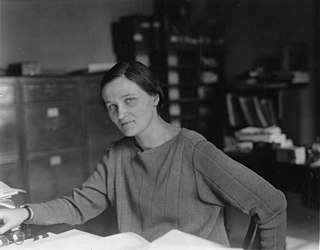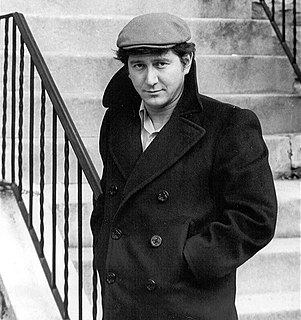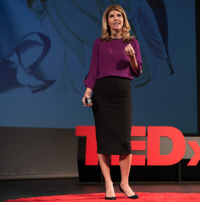A Quote by Charles Duhigg
But countless studies have shown that a cue and a reward, on their own, aren't enough for a new habit to last. Only when your brain starts expecting the reward--craving the endorphins or sense of accomplishment--will it become automatic to lace up your jogging shoes each morning. The cue, in addition to triggering a routine, must also trigger a craving for the reward to come.
Related Quotes
What we know from lab studies is that it's never too late to break a habit. Habits are malleable throughout your entire life. But we also know that the best way to change a habit is to understand its structure - that once you tell people about the cue and the reward and you force them to recognize what those factors are in a behavior, it becomes much, much easier to change.
It turns out that dopamine is a chemical on double duty in the brain. Along with its role in motor commands, it also serves as the main messenger in the reward systems, guiding a person toward food, drink, mates, and all things useful for survival. Because of its role in the reward system, imbalances in dopamine can trigger gambling, overeating, and drug addiction - behaviors that result from a reward system gone awry.





























